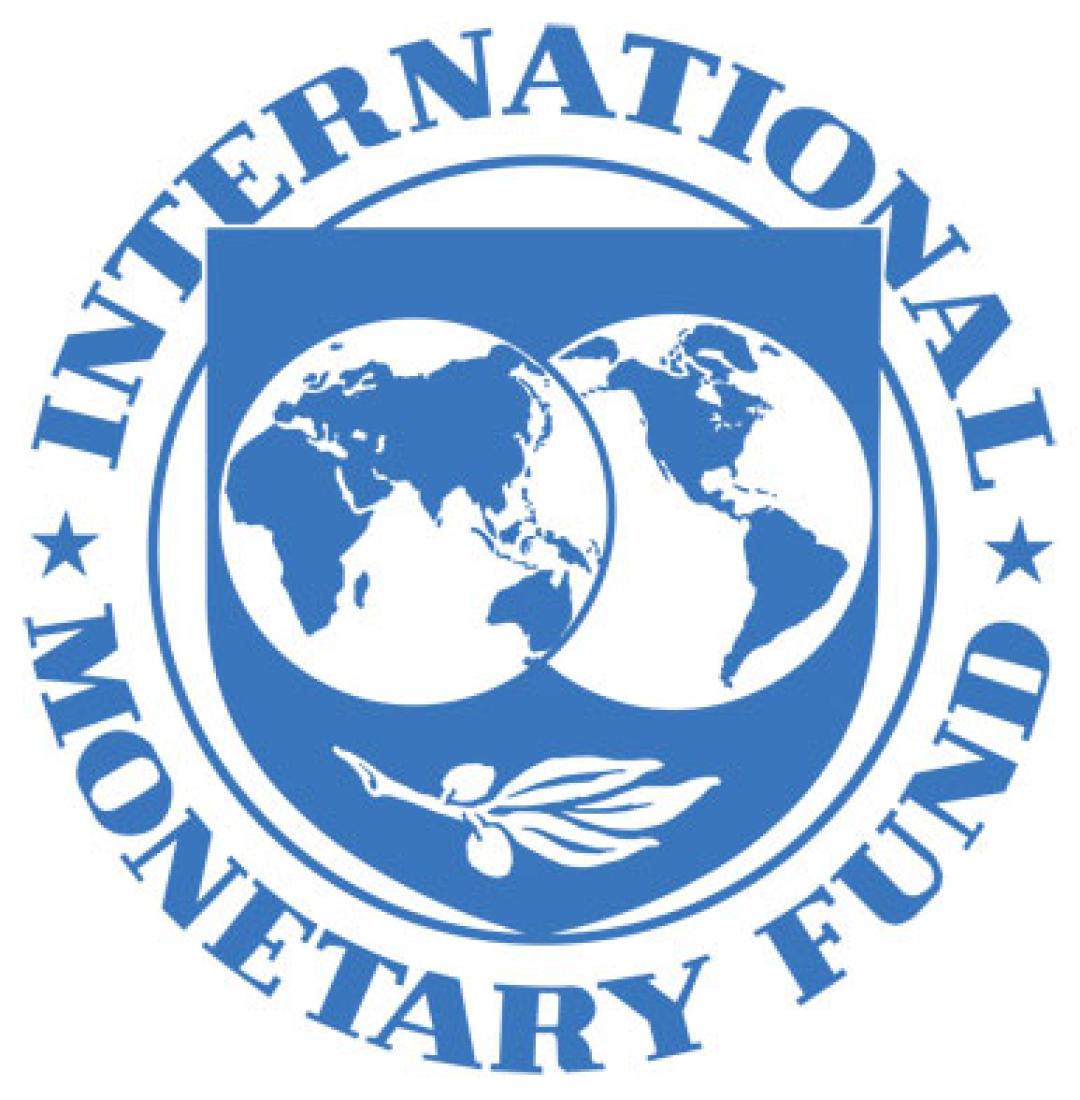
IMF officials reaffirm their support for Armenia’s economic reforms

On 20 August, the delegation of the International Monetary Fund (IMF) led by the director of the IMF’s Middle East and Central Asia Department Jihad Azour visited Armenia. During their visit the delegation met with the country’s Prime Minister Nikol Pashinyan, as well as with the President of the Central Bank of Armenia Artur Javdadyan.
At the meeting with the country’s Prime Minister, Mr. Pashinyan noted that Armenia and the IMF are cooperating effectively. He also said that his government is eager to expand the scope of interaction, considering Armenia’s ambitious multi-vector development agenda. Pashinyan highlighted that the ultimate goal of his government’s economic reforms is to build an export-oriented and technology-based economy in the country. He spoke about the steps and measures aimed at implementing structural changes in the economy, fighting corruption, reforming the judiciary and the public administration system, improving the investment environment, and developing and modernizing the country’s infrastructure.
Mr. Azour on his behalf expressed the IMF’s readiness to assist Pashinyan’s government in “making the reforms a success.” He stated that the IMF supports the Armenian government’s efforts to reform the country’s economy.
At the meeting with the Director of the Central Bank of Armenia, Mr. Javadyan praised the effectively developing partnership with the IMF, highlighting the essential impact of the comprehensive financial and technical support programs on the stability of the country's micro-economic climate and the confidence-building in the economic policies. He also appreciated the IMF's role in giving foreign investors and partners an objective knowledge of Armenia's macro-economic developments. He particularly referred to the 36-month Stand-by Credit Facility (SCF) approved by the IMF board, describing it as a unique tool ensuring the country's macroeconomic stability and ongoing nature of its systemic reforms. He also praised the comprehensively revised Financial Sector Assessment Program (FSAP) for Armenia, emphasizing the priority analysis of the financial sector development clauses in the report and their potentially active role in the maintenance of Armenia's financial stability.
On 17 May, the IMF Executive Board approved a 36-month Stand-By Arrangement (SBA) for Armenia amounting to US$248.2 million. The Armenian authorities indicated that they will treat the arrangement as precautionary and did not intend to draw on the new SBA unless shocks generate balance of payments needs. In addition to providing insurance against shocks, the arrangement will support the authorities’ efforts to strengthen the economic fundamentals and policy frameworks. It will also support the effective implementation of structural reforms, particularly relating to governance and improving the business climate.
Following the Executive Board discussion, Mr. Mitsuhiro Furusawa, the Deputy Managing Director and Acting Chairman of the IMF issued the following statement: “Armenia has continued to make progress in recent years in maintaining macroeconomic and financial stability and in implementing structural reforms to promote growth. Economic activity has strengthened and public debt has started to decline. Inflation is under control, the financial system remains stable and international reserves are assessed to be adequate. Nonetheless, continuing reform efforts are needed to support a more balanced and inclusive growth by reducing imbalances, improving the business climate and strengthening governance as well as advancing measures to reduce poverty and unemployment”
See Also


Simonyan: “Armenia Should Trade with Turkey and Azerbaijan Instead of Closing Borders”

Mirzoyan Meets US Deputy Assistant Secretary Joshua Huck

Azerbaijani President Holds Talks with UAE and German Business Delegations on Economic Cooperation

Grigoryan Confirms Armenia’s Readiness to Dissolve OSCE Minsk Group Upon Peace Treaty Signing

